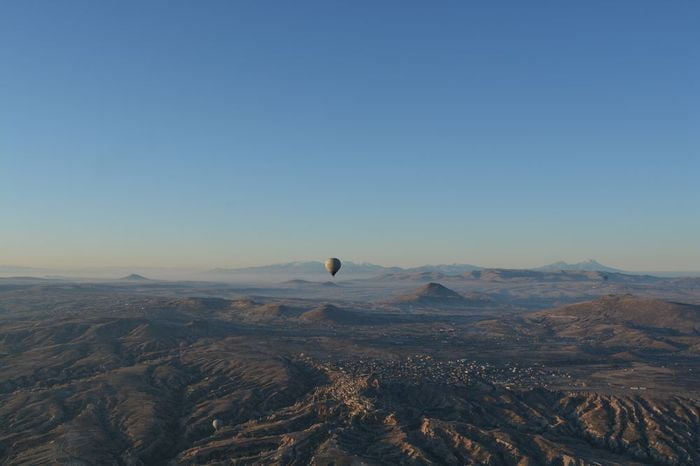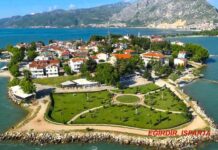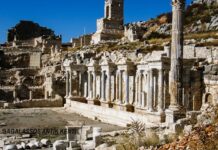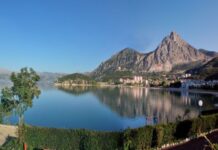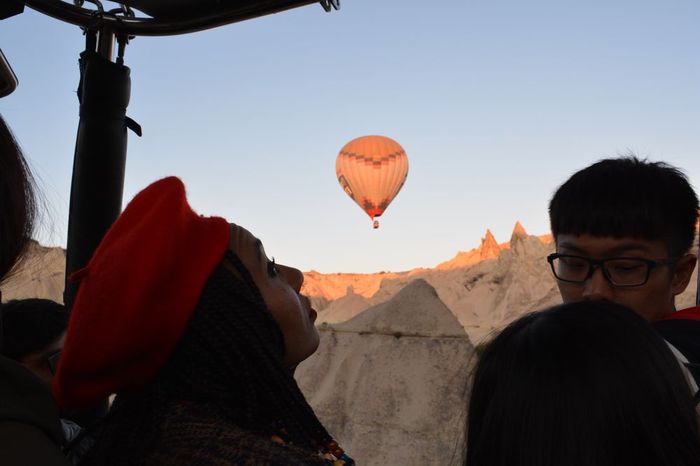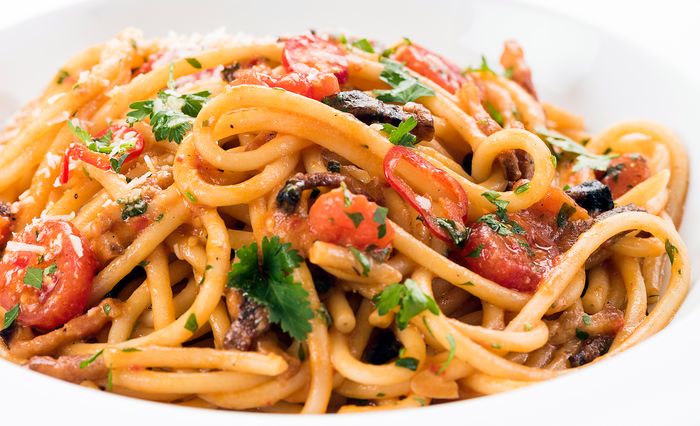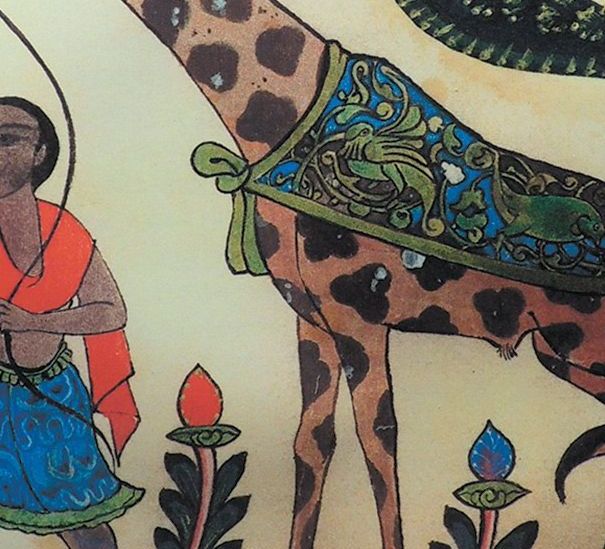On the following day the Emperor moved again intending to seize the ford lower down the river locally called Philocalus; but as he met a large body of Scythians he promptly attacked them, and a vigorous engagement ensued. Many were killed on either side during the fight, yet the Emperor gained the victory, and thoroughly worsted the Scythians. After the battle was concluded in this way, and the armies had retired to their respective encampments, the Roman army remained near the spot for the whole of the night.
At sunrise on the morrow they moved on and occupied a place called Lebunium, which is a hill dominating a plain; up this hill the Emperor marched. But as there was not sufficient room on the hill itself for the whole of the army, he had a trench made at its foot and a camp, capable of containing the entire army, and lodged them there. At this moment the deserter Neantzes with a few Scythians approached the Emperor again; when the Emperor saw him he reproached him with his former ingratitude and several other misdeeds, and had him and his companions arrested and cast into irons.
V So much then for the Emperor’s doings. The Scythians, on their side, kept still in their position on the banks of the stream called ‘Mavropotamos’ and made secret overtures to the Comans, inviting their alliance; they likewise did not cease sending envoys to the Emperor to treat about peace. The latter had a fair idea of their double-dealings so gave them appropriate answers, as he wished to keep them in suspense until the arrival of the mercenary army which he expected from Rome.
Emperor realized the keen spirit
And as the Comans only received dubious promises from the Patzinaks, they did not at all go over to them, but sent the following communication to the Emperor in the evening: “For how long are we to postpone the battle? know therefore that we shall not wait any longer, but at sunrise we shall eat the flesh either of wolf or of lamb.” On hearing this the Emperor realized the keen spirit of the Comans, and was no longer for delaying the fight. He felt that the next day would be the solemn crisis of the war, and therefore promised the Comans to do battle with the Scythians on the morrow, and then he straightway summoned the generals and ‘ pentecontarchs ‘ and other officers and bade them proclaim throughout the whole camp that the battle was reserved for the morrow. But in spite of all these preparations, he still dreaded the countless hosts of Patzinaks and Comans, fearing the two armies might coalesce.
Read More about Zheravna Festival
